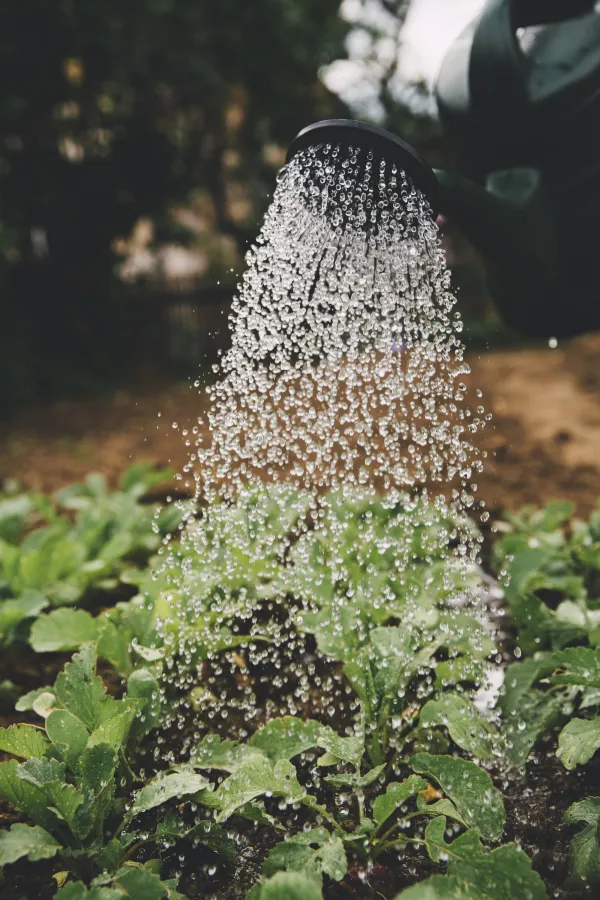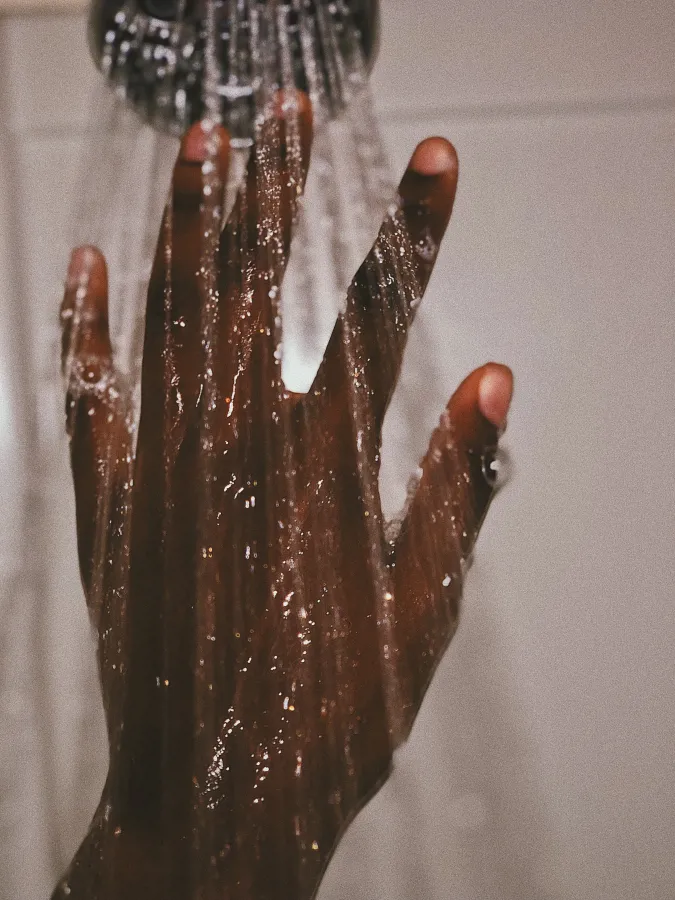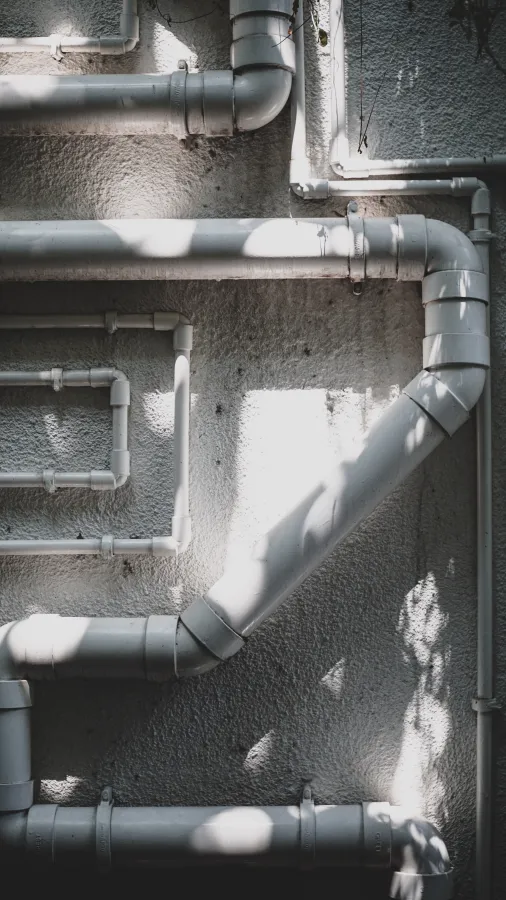
Heater Repair & Replacement Services
Is your water heater making strange noises or do you have lukewarm water? Both could be signs your water heater is about to fail! Don't let a failed water heater ruin your day! If you're in the Marietta area, call Snappy Electric, Plumbing, Heating, & Air for hot water heater maintenance!

Marietta Water Heater Repair & Replacement
Imagine coming home after a hard day's work or waking up in the morning to find a flooded floor because your water heater gave out. It's more than just an inconvenience -- it's a waking nightmare. Fortunately, you don't have to panic, because hot water heater repair service is just a phone call away.
Do you suffer from slow drains or frequent clogs? Check out our other plumbing services and call us for help!
Start Saving
$75 Off
First Time Customers
Can't be used with any other coupons, specials or service fees.
Up To $500 Off
Water Heater Replacements
Can't be used with any other coupons, specials or service fees.
Up To $500 OFF
Whole Home Water Filtration & Water Heater Packages
Can't be used with any other coupons, specials or service fees.
Schedule Service in 3 Easy Steps
Frequently Asked Questions
What Type of Water Heater Should You Buy?
If you have a large family that needs multiple streams of hot water at a time, then a storage tank heater is your best bet. However, if you have a smaller family, and would like the convenience of having non-stop hot water on demand, then check out a tankless system.
How Much Does a Water Heater Cost?
It’s best to call a water heater repair service and get their advice before you make your purchase.
What do I do if I have an aging water heater?
Annual water heater flushes are offered in our annual maintenances and highly recommended. During an annual examination, we also inspect the anode rod and T&P safety valve to ensure your water heater is operating safely and properly.







